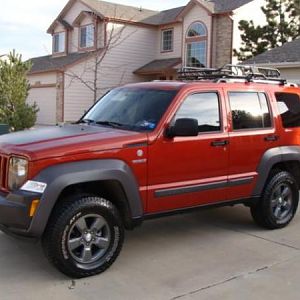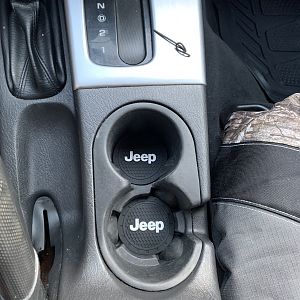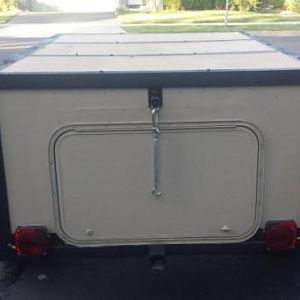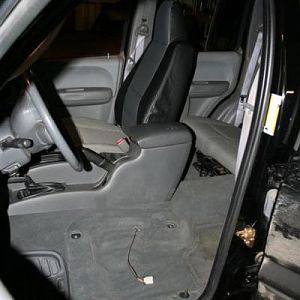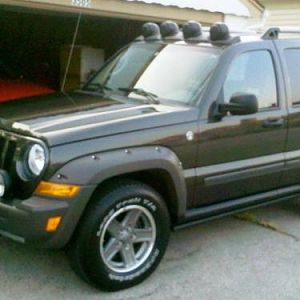tjkj2002
Full Access Member
- Joined
- Dec 17, 2006
- Messages
- 10,612
- Reaction score
- 42
Uh...........In the air! For the love of God, who cares?! There's more pollutants released from all the tree-huggers flying around the globe than from me dumping my freon into the atmosphere!
We all care as R134A is just a bad a R12 for depleting the ozone,oh and is highly illegal,and yes I've seen people get busted before for just venting it into the air.
You will never get the correct amount of R134A in your system using those 1lbs cans.To little R134A(and oil) will take your compressor out,to much R134A(and oil) will also kill your compressor(since it can not compress liquid).PAG oil does not mix with R134A so the correct amount of R134A is needed to push the oil through the system and back to the compressor.
Oh and finally if your 2-3oz low on R134A every year that is normal and is not a sign of a leak.Some company's do not consider it a leak unless more then 50oz is lost in 1 year.R134A's molecules are half the size of R12 and it will leak out after time with no leak actually present,it just happens and is not a sign of a leak or bad system.


![102109 1223[00]](/data/xfmg/thumbnail/2/2278-9cb0b7ca9ed3ce23d9ef93369d7b126b.jpg?1623784618)

